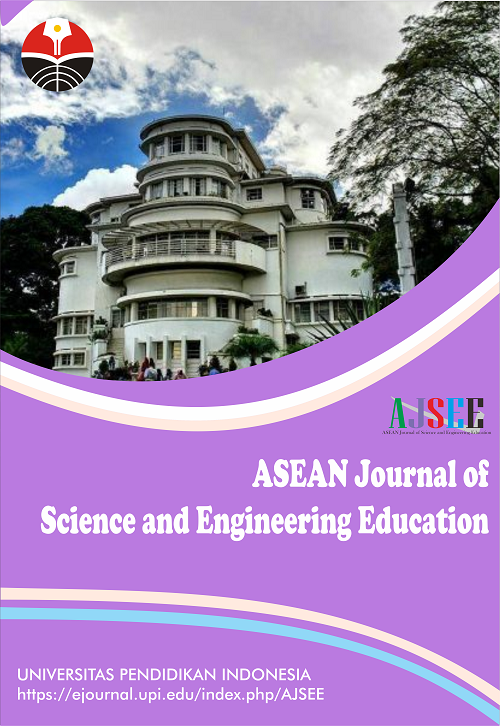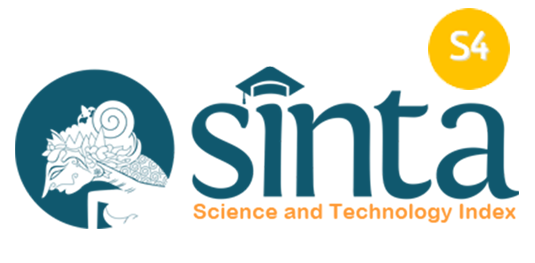Clustering-Based Analysis of Public Complaint Patterns for Strengthening Digital Literacy and Educational Public Service Governance
Abstract
Keywords
Full Text:
PDFReferences
Anshori, I. F., and Nuraini, Y. (2020). Pengelompokan data kecelakaan lalu lintas di Kota Tasikmalaya menggunakan algoritma K-Means. Jurnal Responsif: Riset Sains dan Informatika, 2(1), 118–127.
Gupitasari, F., and Anwar, M. K. (2022). The effectiveness of SP4N-LAPOR-based complaints at the Department of Communication and Information Technology of Tasikmalaya City. Publica: Jurnal Pemikiran Administrasi Negara, 14(1), 1–10.
Hendrastuty, N. (2024). Penerapan data mining menggunakan algoritma K-Means clustering dalam evaluasi hasil pembelajaran siswa. Jurnal Ilmiah Informatika dan Ilmu Komputer, 3(1), 46–56.
Larasati, M., and Citrawan, A. L. (2024). Kewenangan Diskominfo Kabupaten Tangerang dalam penanganan pengaduan masyarakat berbasis online melalui aplikasi SP4N-LAPOR terhadap kualitas pelayanan publik. Beleid, 2(1), 70–82.
Marzuki, M., Herdiansyah, M. I., Negara, E. S., and Sutabri, T. (2023). Analisis layanan digital SP4N-LAPOR e-government pada pemerintahan Kota Pagaralam menggunakan model Delone and McLean. Jurnal Teknologi Informatika dan Komputer, 9(2), 1189–1203.
Sabani, A., Thai, V., and Hossain, M. A. (2023). Factors affecting citizen adoption of e-government in developing countries: An exploratory case study from Indonesia. Journal of Global Information Management, 31(1), 1–23.
Utama, A. A. G. S. (2020). The implementation of e-government in Indonesia. International Journal of Research in Business and Social Science, 9(7), 190–196.
Wulandari, S. (2023). Peningkatan kualitas pelayanan publik melalui aplikasi pengaduan SP4N-LAPOR pada Kementerian Pendayagunaan Aparatur Negara dan Reformasi Birokrasi. Jurnal Ilmiah Wahana Bhakti Praja, 13(2), 152–166.
Yahya, A. S., and Setiyono, S. (2022). Efektivitas pelayanan publik melalui sistem pengelolaan pengaduan aplikasi SP4N-LAPOR. Jurnal Media Birokrasi, 4(1), 1–22.
DOI: https://doi.org/10.17509/ajsee.v5i3.89295
Refbacks
- There are currently no refbacks.
Copyright (c) 2025 Universitas Pendidikan Indonesia

This work is licensed under a Creative Commons Attribution-ShareAlike 4.0 International License.














